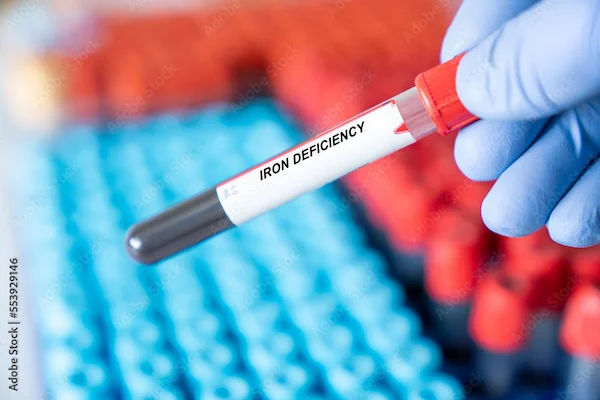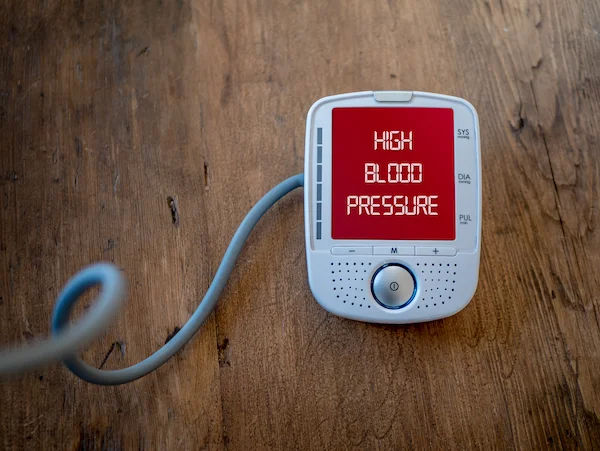Sugar's Impact on Bone Strength Explained
Learn how excessive sugar weakens your bones by reducing calcium absorption, triggering inflammation, and disrupting collagen. Discover tips to protect bone health naturally.

Written by
Last updated on 4th Aug, 2025

Bones are the foundation of our body, providing structure, protecting organs, and supporting movement. But did you know that what you eat—especially sugar—can affect your bone health? Excessive sugar intake has been linked to weaker bones, increasing the risk of fractures and osteoporosis.
In this article, we’ll explore how sugar impacts bone strength, what you can do to protect your bones, and when to seek medical advice.
How Does Sugar Affect Bone Health?
Sugar, especially refined sugar (found in sweets, sodas, and processed foods), can harm your bones in several ways:
1. Reduces Calcium Absorption
Calcium is essential for strong bones, but high sugar intake can interfere with calcium absorption. Sugar increases the excretion of calcium through urine, leaving less available for bone maintenance.
2. Causes Inflammation
Excess sugar triggers chronic inflammation, which weakens bones over time. Inflammation can accelerate bone loss and slow down bone repair.
3. Disrupts Collagen Production
Collagen is a protein that provides flexibility to bones. Sugar molecules bind to collagen (a process called glycation), making bones brittle and more prone to fractures.
4. Leads to Weight Gain & Bone Stress
High sugar consumption contributes to obesity, which puts extra pressure on bones and joints, increasing wear and tear.
5. Affects Gut Health & Nutrient Absorption
A diet high in sugar harms gut bacteria, reducing the absorption of bone-strengthening nutrients like magnesium and vitamin D.
Signs of Weak Bones Due to High Sugar Intake
If you consume too much sugar, watch out for these warning signs:
Frequent fractures or slow healing after injuries
Joint pain or stiffness
Loss of height over time (due to spinal compression)
Brittle nails and weak teeth
If you experience these symptoms, consider getting a bone density test (DEXA scan) to assess bone health.
How to Protect Your Bones from Sugar Damage?
1. Reduce Added Sugar Intake
Avoid sugary drinks (sodas, energy drinks, sweetened teas).
Limit processed snacks (cookies, candies, pastries).
Read food labels—look for hidden sugars like high-fructose corn syrup, sucrose, and dextrose.
Health Topic Carousel:
Doctor Speciality: General Physician
Text: Consult a Top General Physician For More Health Benefits
2. Eat Bone-Strengthening Foods
Calcium-rich foods: Milk, yogurt, cheese, leafy greens, almonds.
Vitamin D sources: Fatty fish (salmon, tuna), eggs, fortified cereals (helps calcium absorption).
Magnesium-rich foods: Nuts, seeds, whole grains, bananas.
Protein for collagen: Lean meats, beans, lentils, tofu.
3. Stay Active
Weight-bearing exercises (walking, jogging, dancing, strength training) stimulate bone growth and improve density.
4. Maintain a Healthy Weight
Being underweight increases osteoporosis risk, while obesity strains bones. A balanced diet and regular exercise help maintain optimal weight.
5. Avoid Smoking & Excessive Alcohol
Both weaken bones and reduce calcium absorption.
When to See a Doctor?
If you have:
A family history of osteoporosis
Frequent fractures
Persistent bone or joint pain
Concerns about bone density
Consider consulting a doctor or booking a bone health check-up through Apollo 24|7. Early detection can prevent severe bone loss.
Conclusion
While sugar is a part of many diets, excessive consumption can silently weaken your bones over time. By reducing sugar intake, eating nutrient-rich foods, and staying active, you can protect your bone health and prevent future complications.
If you’re worried about your bone strength, don’t hesitate to seek medical advice. Book a consultation with an orthopaedic specialist or nutritionist on Apollo 24|7 today for personalized guidance.
Health Topic Carousel:
Doctor Speciality: General Physician
Text: Consult a Top General Physician For More Health Benefits




